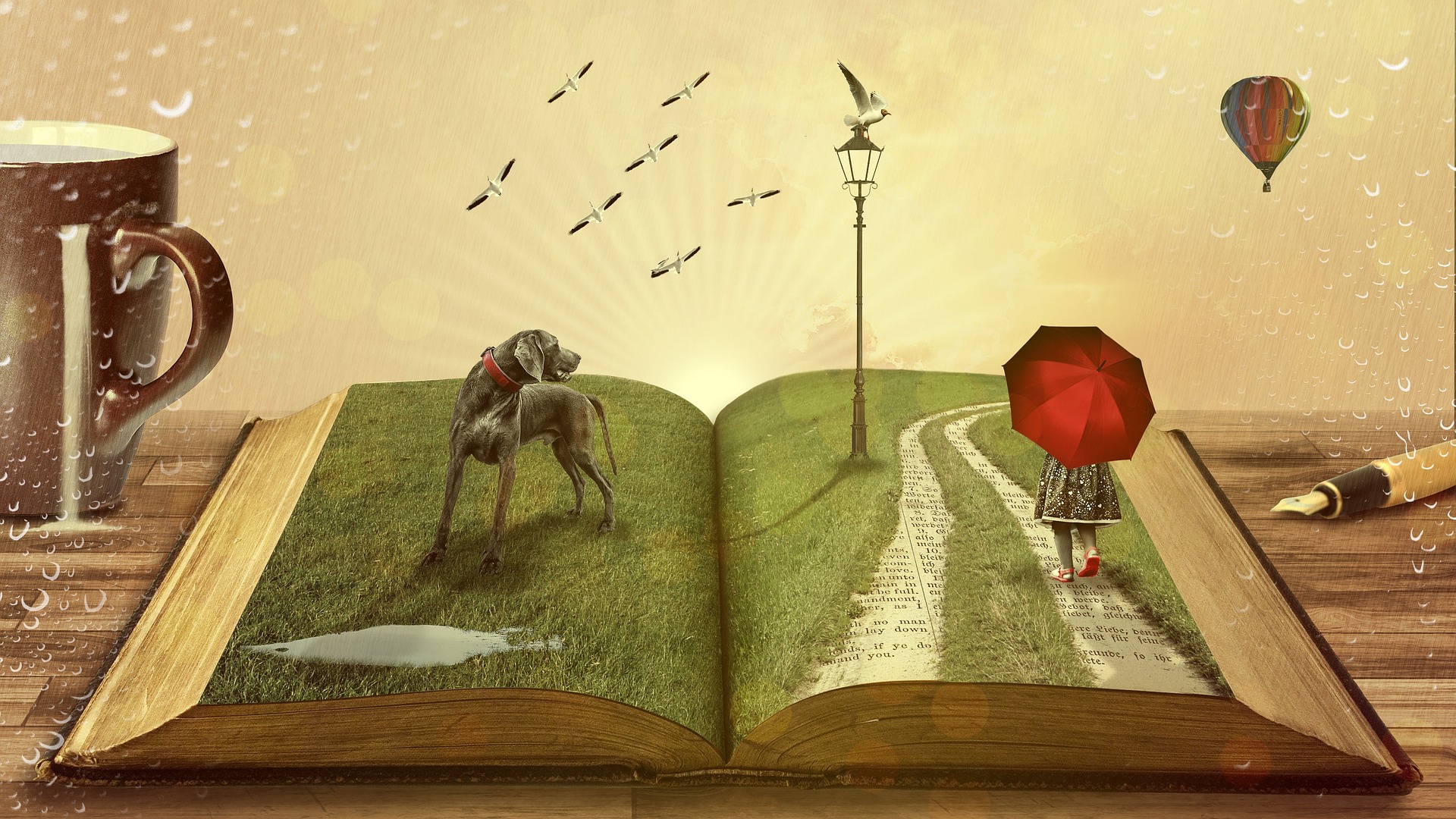The language-learning industry mostly caters to people who learn a foreign language in order to speak it - people who want it in order to travel abroad, to make business deals, or to talk to loved ones. However, this focus on speaking is not the only way to learn a language. There are people who are more introverted, or who don't currently see a way to travel or meet native speakers, and who want to learn a language in order to read that culture's books, blogs, scientific papers or other written materials. For them, studying conversation first is an unnecessary detour.
Here's my roadmap for this kind of learner:
Step 1: Learn the very basics. Your goal is to know e.g. what the plural, the past tense, present tense and future tense generally look like (without being able to conjugate verbs yourself) and grow a passive vocabulary of ca. 600 of the most common words. There is room for personal taste here, but I find it too harrowing to try step 2 before you know even 300 words and way too wasteful to stay on this step beyond the 1000 word mark. 600 is a good point to move on. How to achieve this? If you're very lucky, there will be a book like "Spanish for Reading Knowledge" in your target language, otherwise you may have to use textbooks like Teach Yourself or Assimil that are aimed at conversational ability - but be sure to just read through them, not completing the active exercises, because your goal is passive knowledge.
Step 2: Level up with texts for learners. Once you know 300-600 words, it's a good time to use this site's Reading Tool in order to increase your passive vocabulary while already reading interesting things. You can also probably find easy readers for your target language. Start by reading all the texts on the easiest level of the Reading Tool (or the level 1 easy readers) and once you encounter only 1-2 new words per page, move on to the next level. This will naturally grow your vocabulary and your reading ability. Reading ability is more than just vocabulary - it's also recognising words when they have different endings and learning how the target language likes to construct its sentences and convey meaning. Keep leveling up.
Step 3: Read easier native materials. After you've completed the "upper intermediate" or B2 level of materials for learners, you are ready to dive into some authentic materials! Try comics, blogs (copy-paste stuff into the Reading Tool), autobiographies, fanfiction, travel stories and translations of foreign authors. These are easier than most books for native speakers because the authors usually don't consider themselves to be writing literature, so their vocabulary and sentence structure is still quite simple.
Step 4: Read cheap native materials. After you've successfully read at least one and possibly more books in step 3, try some cheap romance, thriller or detective stories set in the modern day. This kind of story will only use everyday words - not fantasy, futuristic or historic words that you wouldn't have encountered yet. Also, most authors of cheap books (rather than high literature) write enjoyable stories in a straightforward way and don't try to impress you with the range of their vocabulary, so they are perfect for completing your knowledge of basic vocabulary.
Step 5: Read anything you're interested in as long as the book is not older than 80 years. Whatever genre you like to read, whatever well-known authors you want to get into, this is the time. You'll learn words like quill, orc, starship and so on, but that's fine at this stage, because you already know the words that surround them, so the percentage of unknown words stays at a manageable level.
Step 6: Read books that are older than 80 years. These are particularly hard because they include words, spellings and grammatical structures that are out-of-use nowadays PLUS they talk about a world where people actually used quills and carriages and so on, so I rank them as more difficult than the step 5 books, which may talk about a historic time but using modern spelling and grammar. There are exceptions to the rule, e.g. Molière and Jules Verne are easier than contemporary French high literature.
IMPORTANT: objective difficulty, in terms of unknown words per page, is one thing. Subjective difficulty, in terms of how much you're slugging through the book, is another thing. Some objectively easy books may be so boring that you're struggling to read more than five pages at a time, and some objectively more difficult books may be so thrilling that you'll cheerfully ignore entire paragraphs you don't understand and just keep turning pages. (Dan Brown comes to mind.) So be sure to find a good compromise.
If you read a lot, no matter what it is, your level will naturally go up, so don't feel guilty for enjoying what you enjoy. Have fun!

